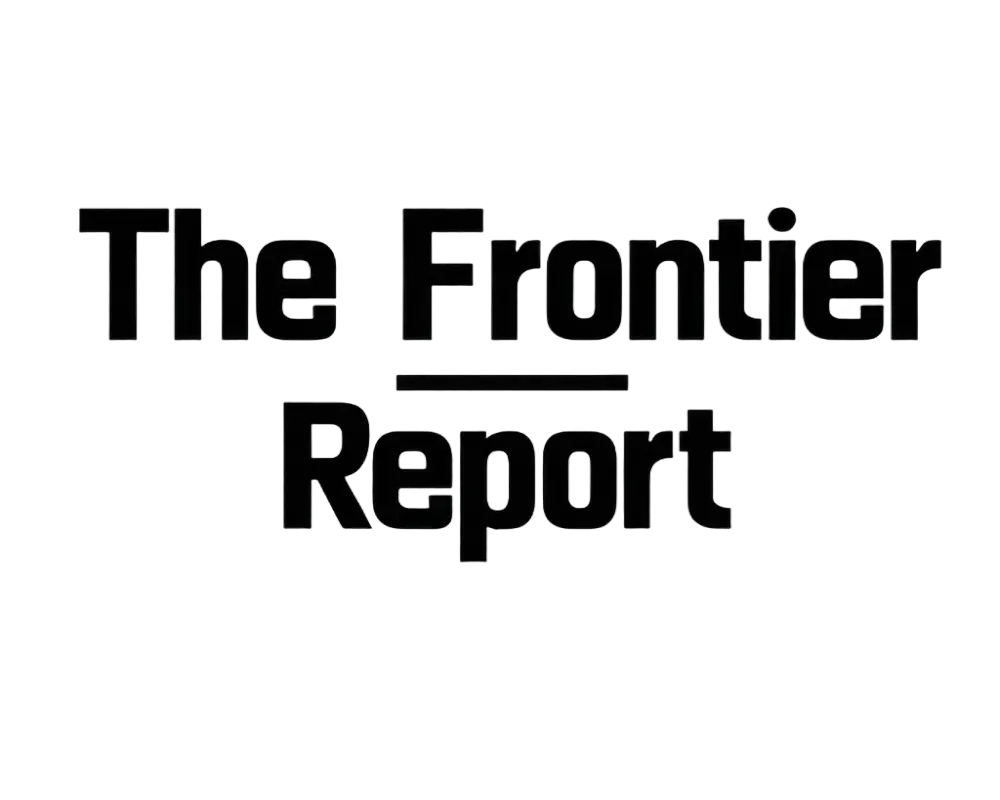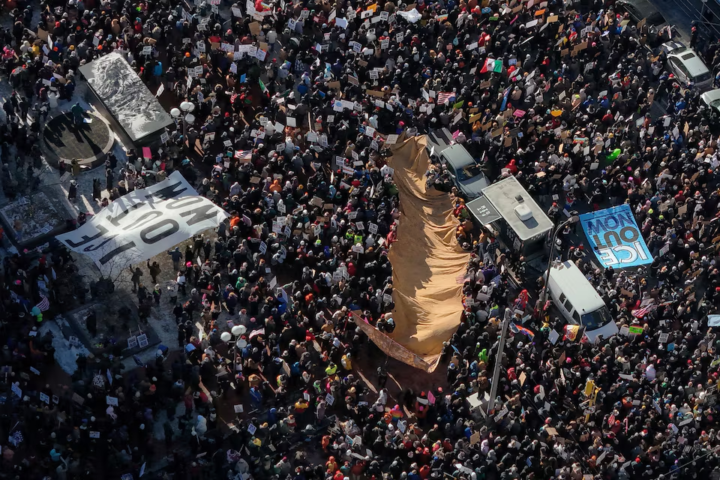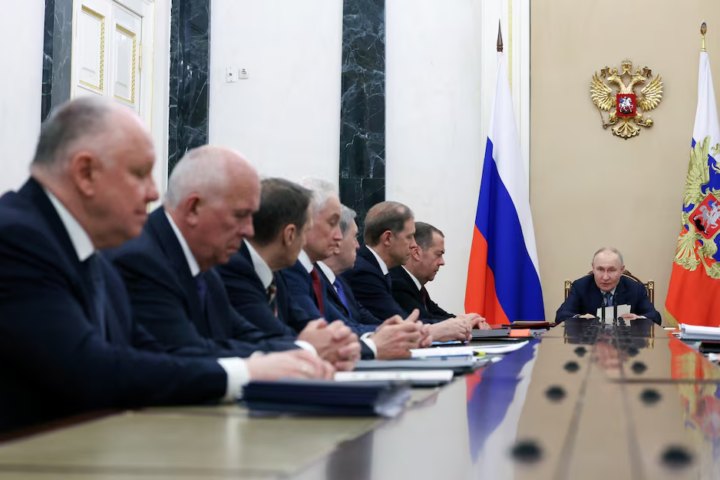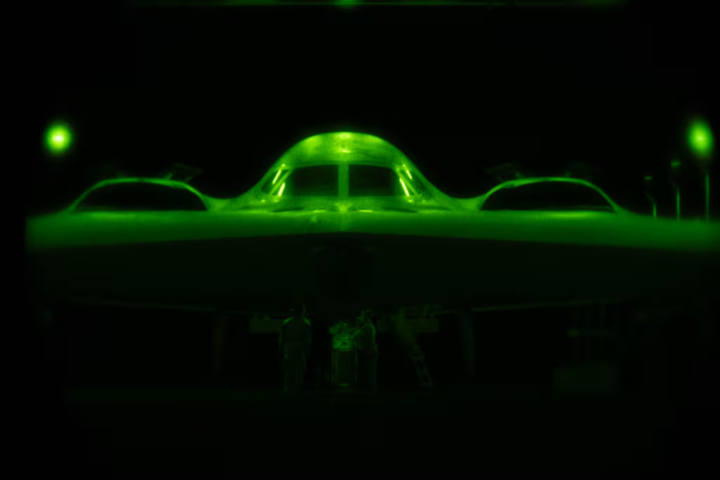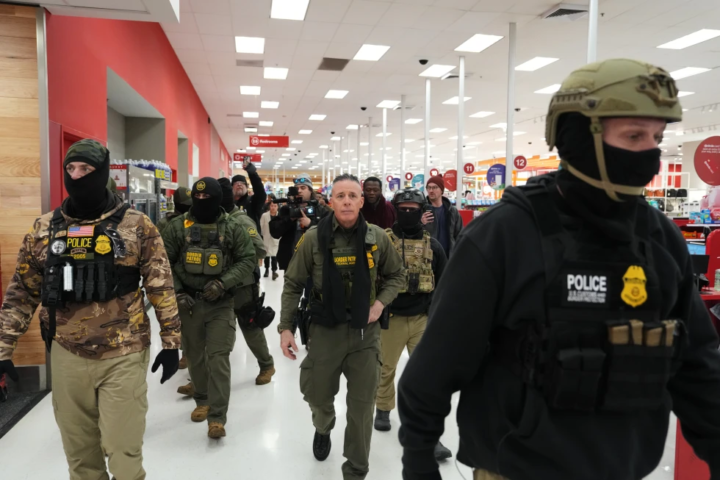On September 17, 2025, Trump said he will label Antifa, a loosely organized left-leaning protest group, as a domestic terror group. The announcement immediately started a lot of discussion, people against it said the idea would be difficult to make legal, and also cause major political problems. This news brings up a contentious issue. He often claimed Antifa instigated chaos during demonstrations across the country. People who support Trump welcomed the promise as needed enforcement, however legal experts, organizations protecting freedoms warned calling a group within the country “terrorist” could break basic legal rights.
A Familiar Campaign Strategy
Trump emphasized a strong approach to crime, criticized his rivals, and vowed to make big changes through presidential orders. Trump told his followers Antifa endangers people, asserting they have avoided consequences for a long time.
“Antifa isn’t about protesting, it’s about violence,” Trump stated. “If I return to the White House, we will handle them as we handle terrorists.”
Trump supporter and far-right individuals who regularly support him liked his remarks right away. A lot of them remember the summer of 2020, a time when demonstrations about unfair treatment sometimes became disorderly. For a long time, right-leaning news sources have shown Antifa as a secret, well-planned group trying to cause chaos. Trump uses this topic to show how he differs from Democrats. He claims they don’t take strong action against crime, nor do they challenge activists on the left.
Actually, Antifa doesn’t operate like a typical organization. It lacks official lists of members, or clear leaders. People use this word to describe those who oppose fascism. These activists typically work on their own or with small groups. It’s hard to put them into groups, or even control them as one thing. People who oppose Trump say his words make the group seem more united, more powerful than they are.
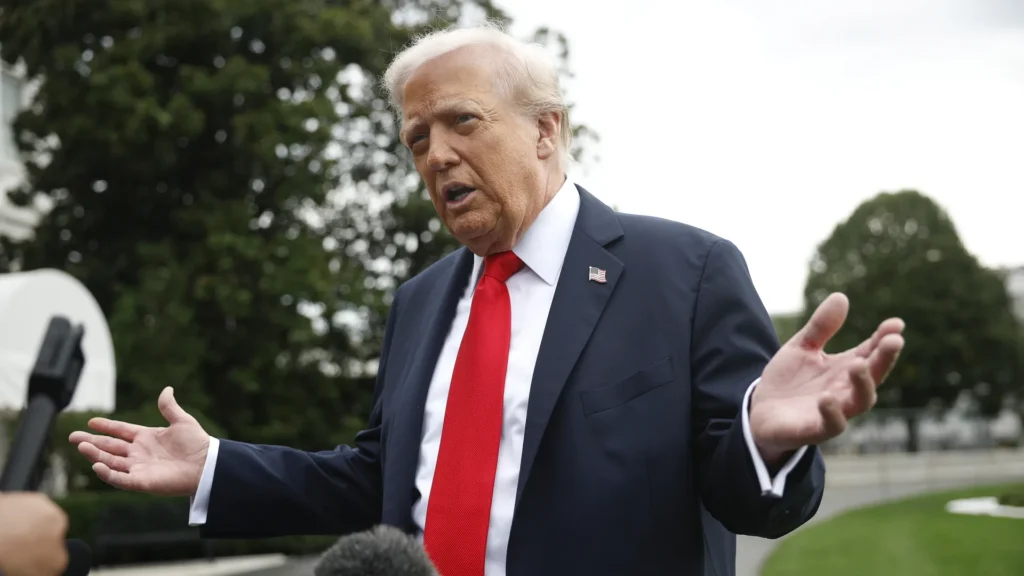
Legal Obstacles to a Terrorist Label
Trump’s idea has big legal problems, separate from political ones. Right now, U.S. law lets the government label groups from other countries as terrorists. Groups within the country, even ones involved in violence, aren’t able to be officially placed on the list. Police departments look into wrongdoing, then charge people with offenses like attacks, setting fires, or plotting illegal acts.
People who used to work for the Justice Department point out Trump’s idea probably clashes with the First Amendment, it shields even views many find disagreeable or extreme. Calling a group within the United States a “terrorist” organization might allow the government to go after people who disagree with it, or those who oppose its policies.
Mary McCord, who previously worked on national security at the Department of Justice, explained that this idea has come up before, during the Trump administration, yet it’s not a recognized legal definition. You simply cannot label people terrorists because they hold certain political beliefs
Organizations dedicated to protecting freedoms, such as the ACLU, believe this effort focuses less on catching criminals, it intends to discourage demonstrations. People caution that broadening what the government considers terrorism within the country could let it watch groups, take their money, impose tougher punishments. People who support Trump’s ideas say demonstrations connected to Antifa sometimes became rowdy, causing damage to things, also conflicts with law enforcement. People believe the government needs better methods to discourage this behaviour, even if it means changing the laws.
Political Stakes and Public Reaction
People strongly disagree about protests, policing, it shows in this plan. People who support Trump view opposing Antifa as showing power, a desire to face what they believe is radical left-wing action. They believe this is the government trying to punish people for disagreeing with it.
Democrats swiftly responded to Trump’s comments, claiming he resorted to fearmongering instead of discussing important policy matters. A leading Democrat stated, “He wants to quiet disagreement, it’s not about preventing offenses.”.
Lawyers think even if Trump becomes president again in 2026, trying to make this official will quickly lead to lawsuits. Changing laws about terrorism within the country needs a vote by Congress, something that’s not likely to happen easily with how split politics are right now.
Now, surveys reveal people worry less about demonstrations involving violence compared to 2020, a time when they happened often. Now, concerns such as rising prices, people moving to the country, worldwide disputes matter more to people heading to the polls. It’s unclear if voters who haven’t decided will respond positively to Trump talking about Antifa again.
However, the news already changed how people talk about politics. Trump mentions Antifa, which brings up old problems for his followers. He presents himself as the sole candidate prepared to directly challenge this group. This action could make Democrats react, possibly starting new disagreements about values.
Right now, the promise feels mostly like a good idea, not a real plan. A president, even Donald Trump, cannot simply declare a group within the country a terrorist group without laws allowing it. However, the message uses common ideas about strength, complaint, or separation to connect with people. Currently, how things appear in politics frequently carries the same weight as what things actually are.

